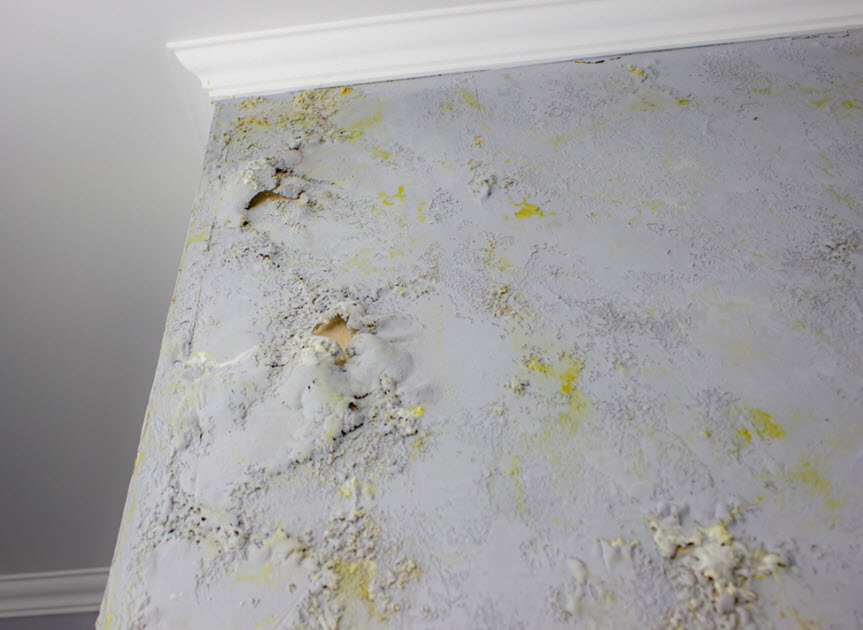Did You Become Sick from Mold in Your Omaha Apartment?
January 2, 2024 | Personal injury
Living in an apartment comes with many challenges. As a tenant, it is important to understand your rights in order to deal with these challenges. One of the many challenges that tenants in Omaha deal with is the occurrence of mold. Mold can be a silent and hidden threat. It can have a negative impact on both your health and your property. In this blog, we take a look at the type of mold that tenants in Omaha are often exposed to, the dangers of mold exposure and what you can do when you discover mold in your apartment.
Molds Commonly Found in Omaha Apartments
Apartments, like other living spaces, can be infested by various types of mold. Not all types of mold present a health risk. It is important to identify the type of mold present in your apartment in order to know your level of risk.
- Stachybotrys chartarum
Also known as black mold, this mold is easily recognizable. It is dark and has a slimy appearance. Like many other types of mold, it commonly occurs when conditions are damp and humid. Black mold is the most dangerous type of mold to have in your living space. The spores of this mold produce toxins that can cause various health problems when the spores are inhaled and absorbed into the body. They are commonly associated with respiratory issues such as asthma but can also cause or worsen other health conditions.
- Aspergillus
This type of mold is also quite popular within living spaces. It is also abundant in outdoor environments. Like black mold, aspergillus thrives in damp and humid conditions. It has also been shown to produce toxins that can cause allergic reactions. The spores can also cause respiratory infections when inhaled.
- Cladosporium
This type of mold often occurs in areas that are especially damp including kitchens and bathrooms. While the mold spores are not as toxic as black mold spores, they can trigger respiratory issues as well as skin irritations.
Mold infestations often include various types of mold. Identifying the type of mold present in your home is the first step to dealing with the mold and protecting yourself. Mold inspection and testing services are required to identify the type of mold present and determine the depth of the infestation.
Dangers of Mold Exposure
Exposure to mold can pose serious health risks. Mold spores when inhaled not only affect your respiratory system but your overall well-being. Some of the dangers of mold exposure include:
- Respiratory issues – mold spores can trigger asthma attacks or exacerbate existing respiratory conditions
- Allergic reactions – mold spores produce toxins that can cause allergic reactions such as sneezing, watery eyes and itching.
- Skin irritation – exposure to mold can result in skin irritations such as rashes, itching or dry skin.
- Worsened conditions – if you or a member of your household has a compromised immune system, mold exposure can make matters worse by further weakening the immune system. This makes individuals with a weakened immune system more susceptible to illnesses.
Symptoms of Mold Exposure
Mold exposure can affect the health of everyone young and old. However, infants, young children and those with compromised immune systems are more susceptible to the negative health effects of mold exposure. Recognizing the symptoms of mold exposure is essential for early intervention. Symptoms may vary, but common indicators include:
- Coughing
- Wheezing
- Difficulty breathing
- Sneezing
- Runny nose
- Itchy or watery eyes
- Rashes
- Irritation of the skin
- Inflammation of the skin or eyes
Mold exposure can lead to particularly severe symptoms in babies and young children. These may include respiratory distress as well 0as developmental issues.
Steps to Take When You Discover a Mold Infestation in Your Apartment
If you have discovered or suspect that your apartment has been infested with mold, you can take the following steps.
- Document the situation
It is important to have a record or evidence of the mold infestation. Take photos of the mold and note any damage that has been caused by the mold.
- Notify your landlord
Report the issue to your landlord as soon as possible. It is important that you provide them with evidence of the infestation as well as documentation to show damage or health issues that may have been caused by mold exposure.
- Seek medical attention
If you or a member of your household is sick, be sure to seek medical attention. Inform your doctor of the presence of mold in your home to ensure that they can take the right steps to treat the condition.
- Request mold inspection
Have your home inspected for mold by a professional. Mold inspection will help to identify the type of mold present as well as the depth of the infestation.
Seek legal counsel
If the issues persist, consider seeking legal advice to explore your options for compensation or lease termination.

Sick from Mold – Omaha Apartment

